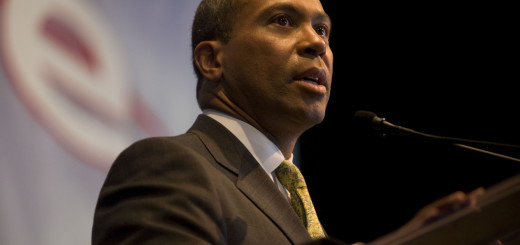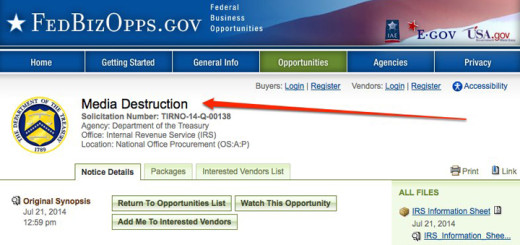How the Term “Unaccompanied Children” is Misleading the Public
When one thinks about the border crisis we are currently facing, with thousands of children coming across the border from Mexico into the United States, images come to mind of little ones traveling through hostile territory all alone. Mexican territory that is controlled by drug cartels, gangs, and all other kinds of unseemly characters and possibly dangerous scenarios.
In a period of nine months (October 2013 to June 2014) almost 60,000 unaccompanied minors, most who are from Central American countries, have come into the United States, by crossing through Mexico. That’s nearly double the number from the previous year.
And the media and the administration are helping to paint the picture that one gets when thinking about it. But, are these children really “unaccompanied?”
If you really think about the semantics of it, there is no way that all these children are coming in “on their own,” like we keep hearing over and over again in news stories and from politicians. They may not be with their parents, which is really what the term “Unaccompanied Alien Children” (UAC) means, but they are, more often then not, not making that trip alone.
To travel alone they would have to walk, at a very bare minimum, 1220 miles across the mountains and deserts of Mexico, by themselves, with no equipment, food, protection from the sun, or shelter along the way. And, they would have to navigate their way across Mexico, on their own, and not get stopped or caught by Mexican officials, or, even worse, drug cartels and Mexican gangs. And, do all this without dying along the way.
That’s like sending your 10 year old on a trip from Houston, TX to 100 miles past Minneapolis, MN, on their own, on foot, with only a backpack on them. And, to give them an edge, this would be minus the drug cartels and Mexican gangs, as well as the higher temperatures in Mexico that the border children are enduring. How do you think your child would fare, and how long do you think it would take them?
Unaccompanied? Yeah, that’s not what’s happening, despite the picture that is being painted by the media.
According the The Washington Post’s Joshua Partlow, that term is “somewhat misleading.” In a piece he wrote recently he said:
The “unaccompanied minors” who walked out of the brush on the banks of the Rio Grande and turned themselves into Border Patrol officers last month were not, technically, unaccompanied. In the group of 15 people that we watched that night, about half of them appeared to be adults, including men and a woman carrying a baby, in addition to several children.
It’s the most potent image in the current immigration crisis: Tens of thousands of Central American children on a dangerous solo exodus out of their countries. But from what I’ve seen reporting on this issue from the U.S. border and in Honduras, it is also somewhat misleading.
The term “Unaccompanied Alien Children,” or UACs, as used by U.S. Customs and Border Protection, refers to people up to age 17 who are traveling without a parent or legal guardian. It does not mean they are traveling alone.
In migrant shelters in Mexico and Honduras, talking to both children and adults who are making these journeys, or have been deported after failing to reach the United States, the most common scenario seems to be children who are traveling in groups that include adult relatives, neighbors, smugglers or others. Often the children migrating already have one or more parents living in the United States, and they are considered “unaccompanied,” even if traveling with other adult relatives.
In his article, Partlow concludes that children actually traveling alone “seems to be the exception.” So, the term “unaccompanied” is mostly a legal term, meaning that the child’s actual parent or guardian is not with them.
While the whole situation is sad, and one can’t help but feel for the children who are no longer with their parents, this certainly puts things in a different context then how it is being portrayed. The media and political narrative conjures up images of children making a gut-wrenching and harrowing journey, that would have surely been more dangerous then staying put with their families would have been, no matter how bad the economic crisis or violence in their home countries was, to enter into the sanctuary of the United States.



